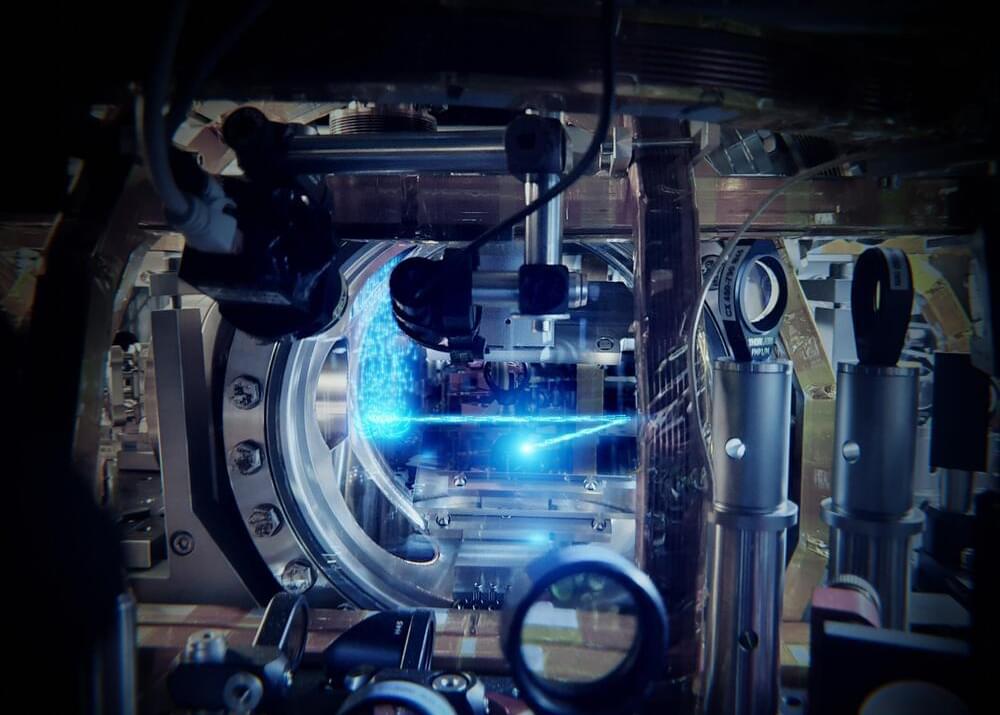Lasers produce coherent waves of light: All the light inside a laser vibrates completely in sync. Meanwhile, quantum mechanics tells us that particles like atoms should also be thought of as waves. As a result, we can build “atom lasers” containing coherent waves of matter. But can we make these matter waves last, so that they may be used in applications? In research that was published in Nature this week, a team of Amsterdam physicists shows that the answer to this question is affirmative.
Getting bosons to march in sync
The concept that underlies the atom laser is the so-called Bose-Einstein Condensate, or BEC for short. Elementary particles in nature occur in two types: fermions and bosons. Fermions are particles like electrons and quarks—the building blocks of the matter that we are made of. Bosons are very different in nature: they are not hard like fermions, but soft: for example, they can move through one another without a problem. The best-known example of a boson is the photon, the smallest possible quantity of light. But matter particles can also combine to form bosons—in fact, entire atoms can behave just like particles of light. What makes bosons so special is that they can all be in the exact same state at the exact same time, or phrased in more technical terms, they can “condense” into a coherent wave. When this type of condensation happens for matter particles, physicists call the resulting substance a Bose-Einstein Condensate.










Comments are closed.